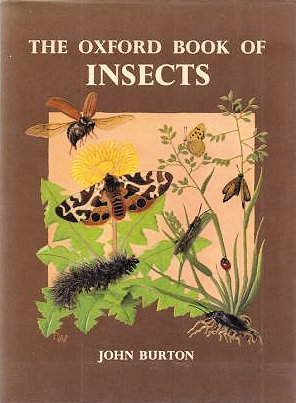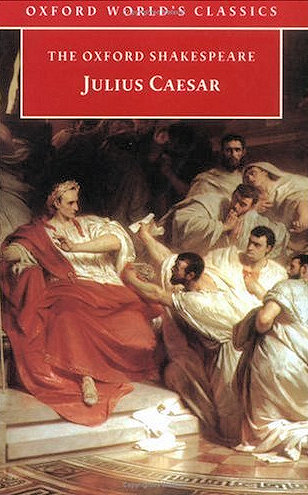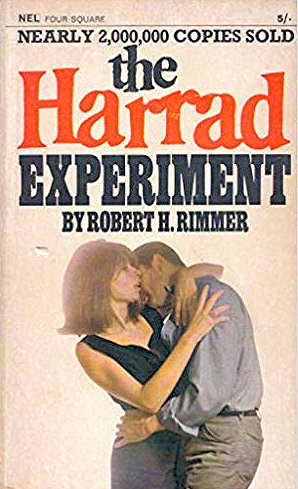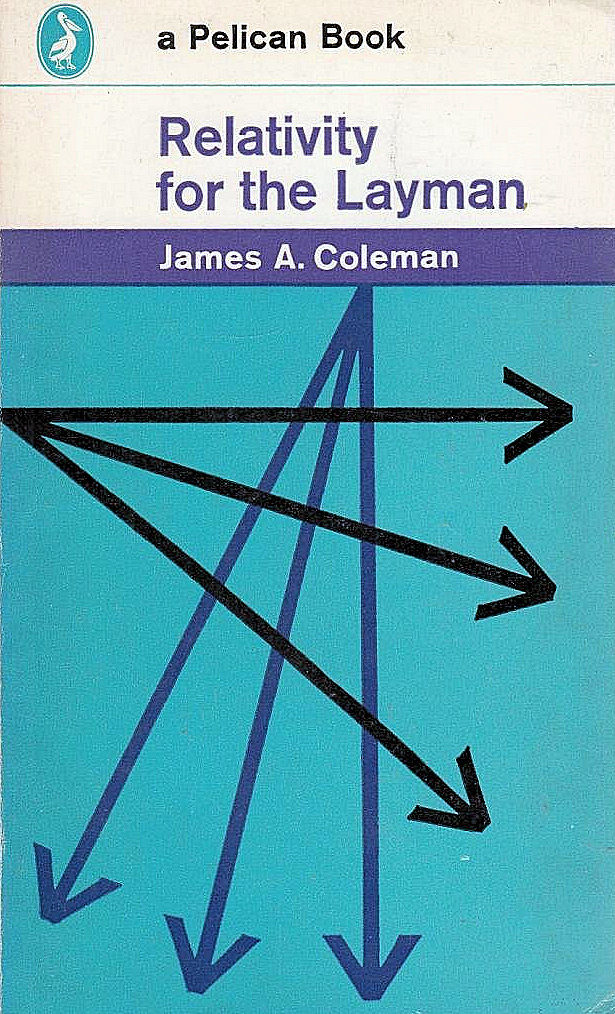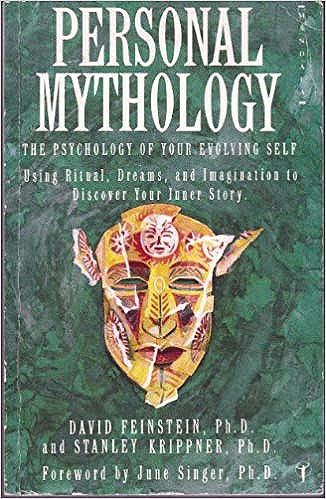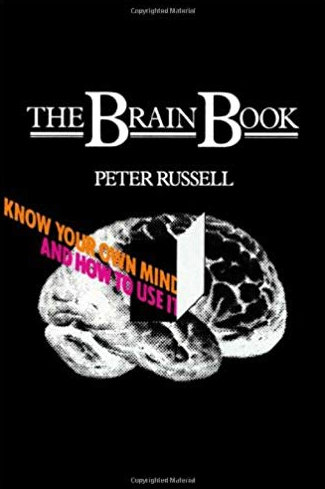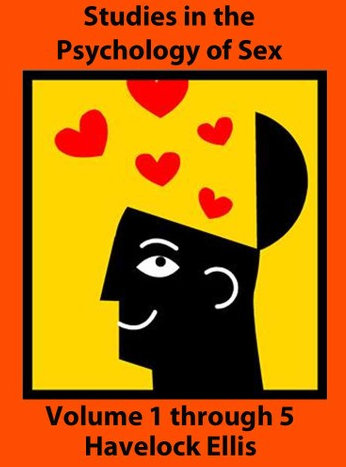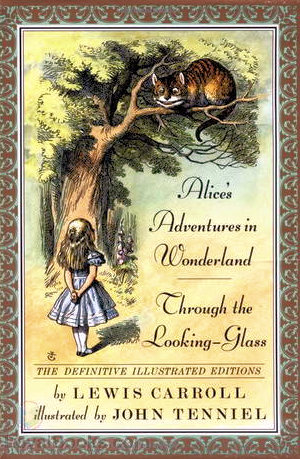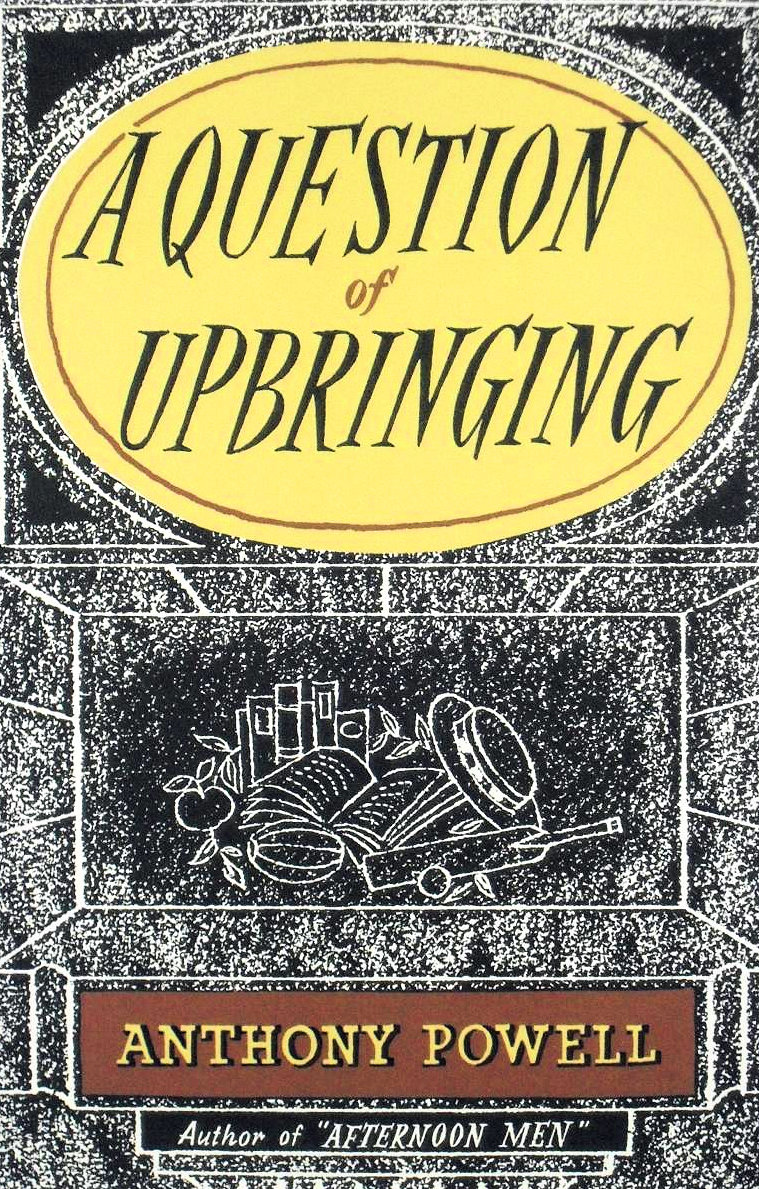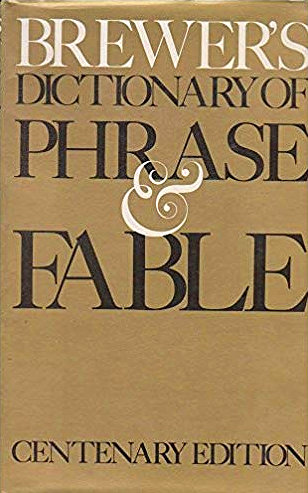Following on from my series of 10 Books I’ve Loved and Books I’ve Hated or Cannot Read I now bring you the third instalment: 10 Books I Found Influential or Formative.
They are all books I’ve read, at different times, and which have had a profound influence on life, mind or belief. I have excluded anything from the previous two lists. Nor have I included anything directly related to either academic studies or work; not because I think they should be off-limits but because I can’t single out anything particular.
Again, rather than spread this across ten days, I’m posting the list in two posts, each of five books, a few days apart. There is a short commentary on why I found each book so influential. This is part the first.
In each part I’m nominating three people to produce their own list. The first three are: Katy Wheatley, Noreen Marshall, Julia Say. Of course anyone else is welcome to sing along!
 Peter Russell; The Brain Book
Peter Russell; The Brain Book
This book was the basis for a hugely formative course I went on when first teaching at work. Amongst other things it includes an introduction to Tony Buzan’s Mind Mapping techniques as well as much about how learning is thought to work. The course was also the one which energised me to learn Transcendental Meditation (which I’m trying to rejuvenate).
 Havelock Ellis; The Psychology of Sex
Havelock Ellis; The Psychology of Sex
When I was growing up, every book in the house was accessible, and this was on the shelves in the living room. So, of course, I read large chunks of this when I was doing A-levels. Needless to say I learnt a lot and it kept me one step ahead of my then girlfriend!
 Lewis Carroll; Alice in Wonderland
Lewis Carroll; Alice in Wonderland
Although Carroll originally conceived this as a children’s story, it has been incredibly influential for many people. It’s not just amusing, but filled with logical inconsistencies and alternative ways of looking at things. I didn’t know it at the time but I suspect this was one of those books which nurtured my inner scientist.
 Anthony Powell; A Question of Upbringing
Anthony Powell; A Question of Upbringing
Anthony Powell was recommended to me by our friend Jilly. And it is true to say that this book changed my life! Powell became one of my heroes. A website developed and evolved, in 2000, into the Anthony Powell Society of which I was Hon. Secretary for 18 years until last October. The Anthony Powell Society has taken me places, and introduced me to people, I would never have dreamed possible.
 Brewer’s Dictionary of Phrase and Fable
Brewer’s Dictionary of Phrase and Fable
I was introduced to this by my father and our local librarian, Jack Edwards, as the fount of much useful, interesting and often esoteric knowledge. A delight in “knowledge trifles” has remained with me ever since.
Part two in a few days time.

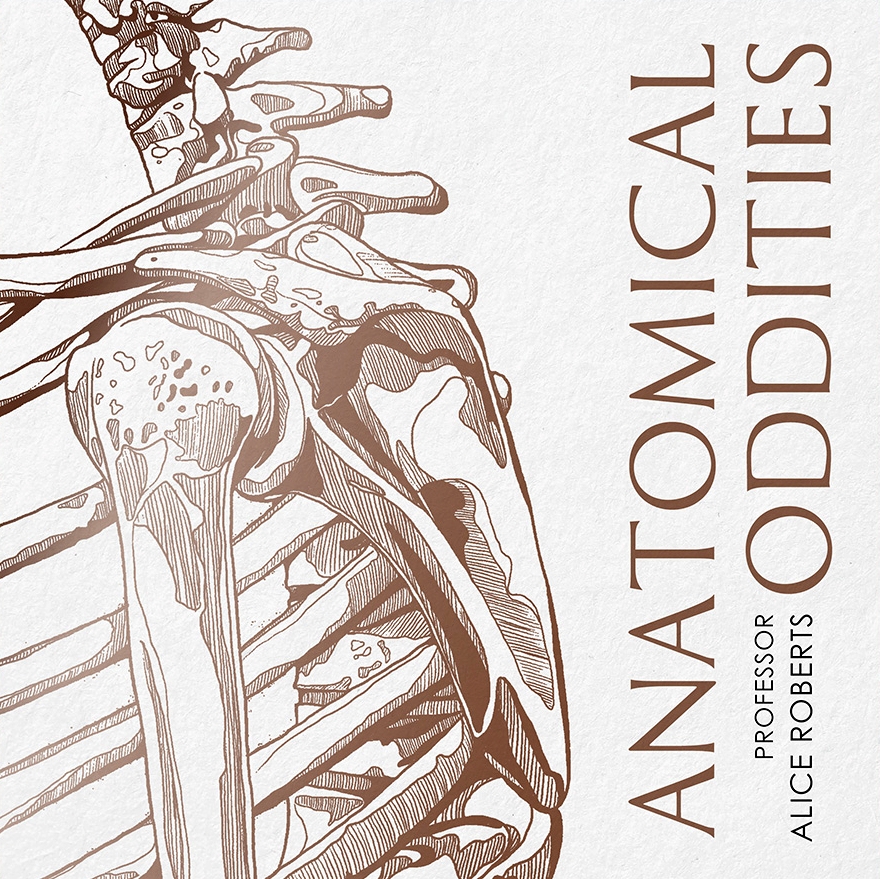 How much do you know about your insides? Most of us have an idea of how our bodies work; for some it is fairly sketchy, but for others there’s a bit more detail. But unless you’re a medic you’re unlikely to understand the minutiae and you need an anatomist to point out the nooks, crannies and curiosities.
How much do you know about your insides? Most of us have an idea of how our bodies work; for some it is fairly sketchy, but for others there’s a bit more detail. But unless you’re a medic you’re unlikely to understand the minutiae and you need an anatomist to point out the nooks, crannies and curiosities.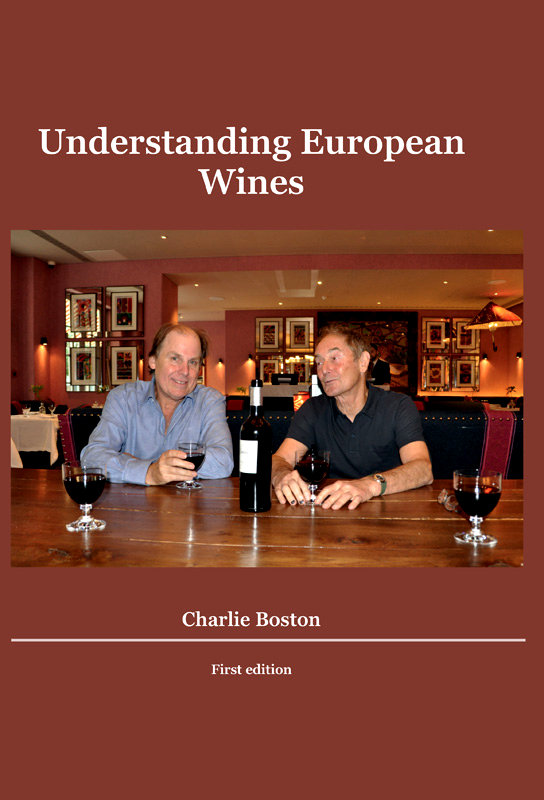 Naturally enough Boston concentrates on France, with Italy, Germany, Austria, Switzerland, Spain and Portugal all getting their own chapters. There is then a chapter on sparkling wines; another on pudding wines; and notes about other countries in a further chapter. I found this slightly puzzling: why give Austria and Switzerland their own chapters, but not Greece, which in my limited experience has equally as many, and as good, wines? For me, Italy and Spain produce just a much good wine as France (which still produces the very top-most wines), with the added bonus that it is usually slightly cheaper.
Naturally enough Boston concentrates on France, with Italy, Germany, Austria, Switzerland, Spain and Portugal all getting their own chapters. There is then a chapter on sparkling wines; another on pudding wines; and notes about other countries in a further chapter. I found this slightly puzzling: why give Austria and Switzerland their own chapters, but not Greece, which in my limited experience has equally as many, and as good, wines? For me, Italy and Spain produce just a much good wine as France (which still produces the very top-most wines), with the added bonus that it is usually slightly cheaper.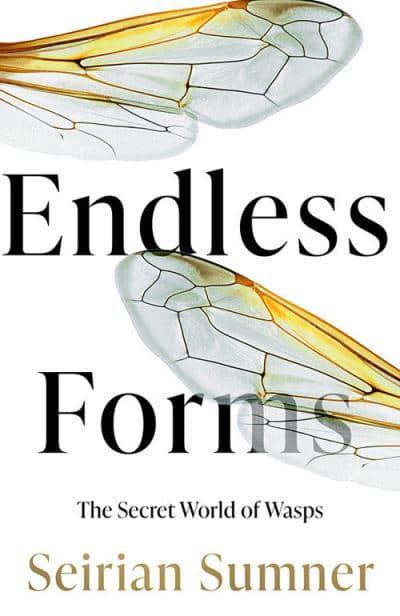 This is a book about wasps. It isn’t a book of wasps; not a field guide; nor an academic description of the minutiae of wasps. But it is about wasps.
This is a book about wasps. It isn’t a book of wasps; not a field guide; nor an academic description of the minutiae of wasps. But it is about wasps.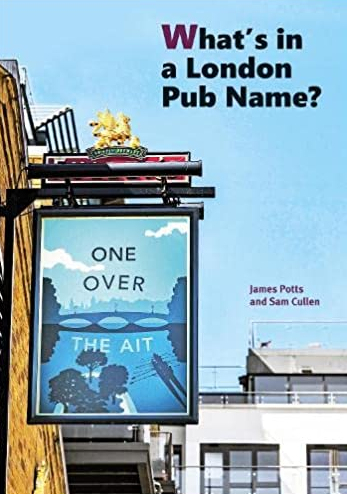 Greater London has thousands of pubs – so many that probably no-one had counted them; and in any event the list would change daily. In 136 pages the authors of this slim volume describe the origins of over 650 of the more unusual or interesting pub names in Greater London – all the way from “Aces & Eights” (Tufnell Park) to the “Zetland Arms” (South Kensington). As one can imagine, at an average of about 5 pubs and a photograph per page, the descriptions are not very detailed. This is a shame, as there is undoubtedly more to be told about most of these names, and many others.
Greater London has thousands of pubs – so many that probably no-one had counted them; and in any event the list would change daily. In 136 pages the authors of this slim volume describe the origins of over 650 of the more unusual or interesting pub names in Greater London – all the way from “Aces & Eights” (Tufnell Park) to the “Zetland Arms” (South Kensington). As one can imagine, at an average of about 5 pubs and a photograph per page, the descriptions are not very detailed. This is a shame, as there is undoubtedly more to be told about most of these names, and many others.
